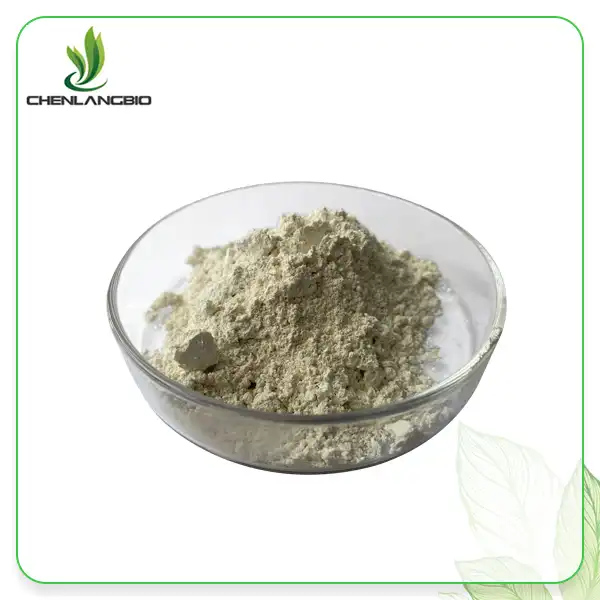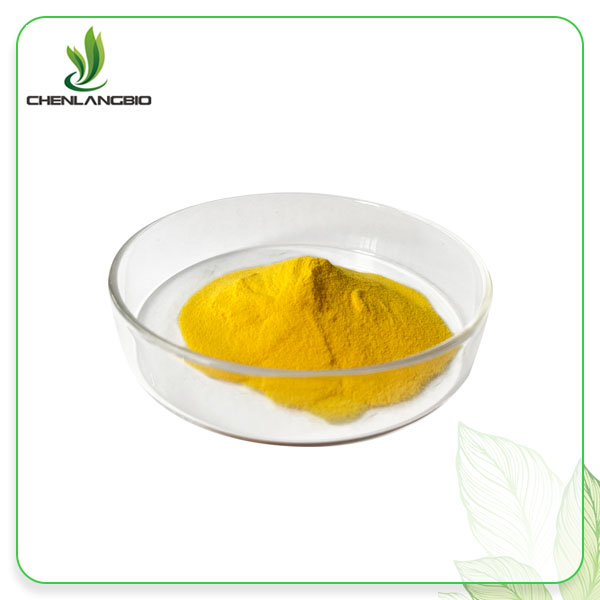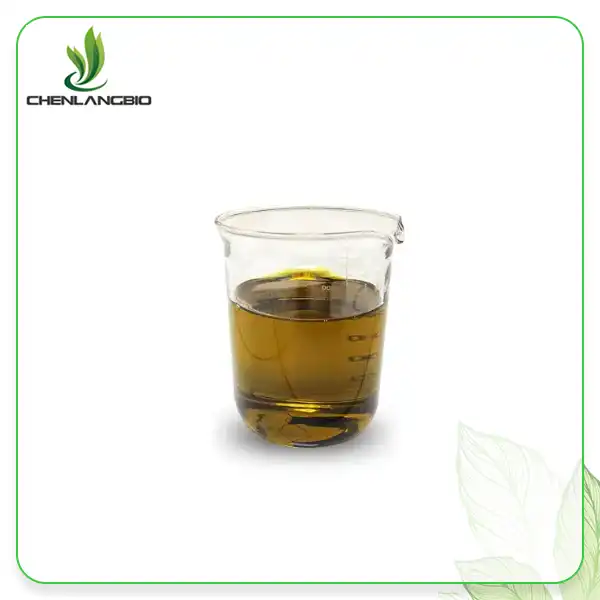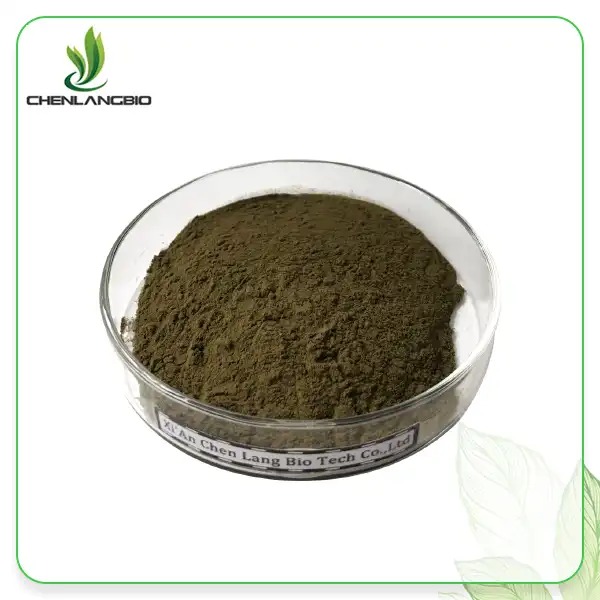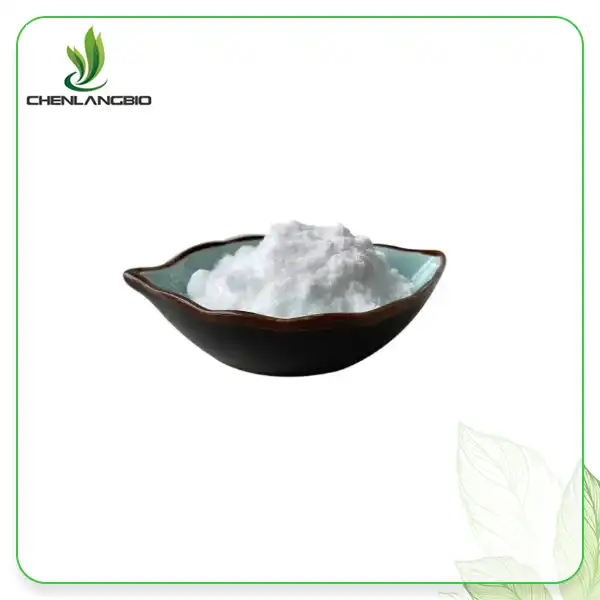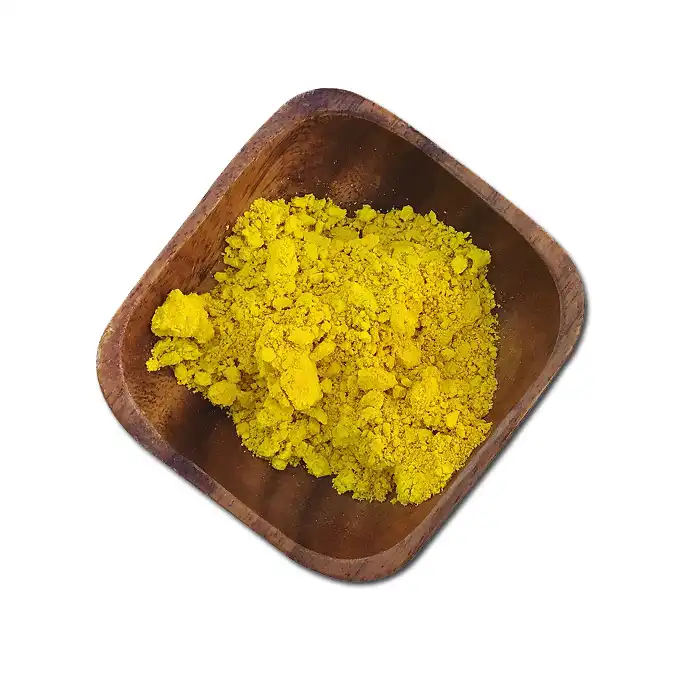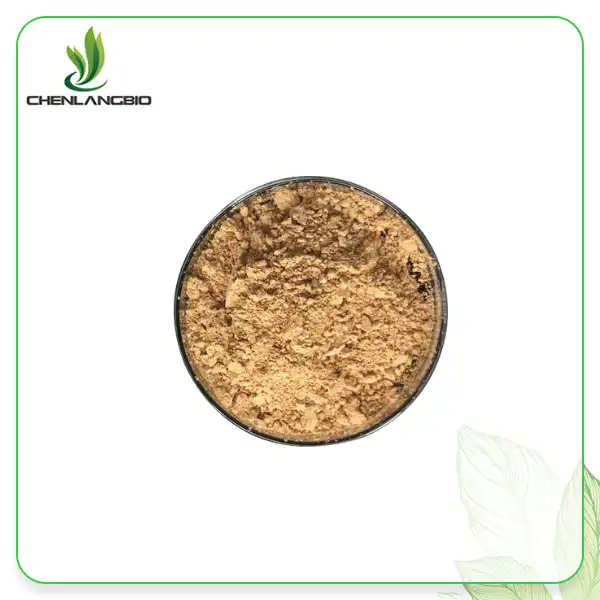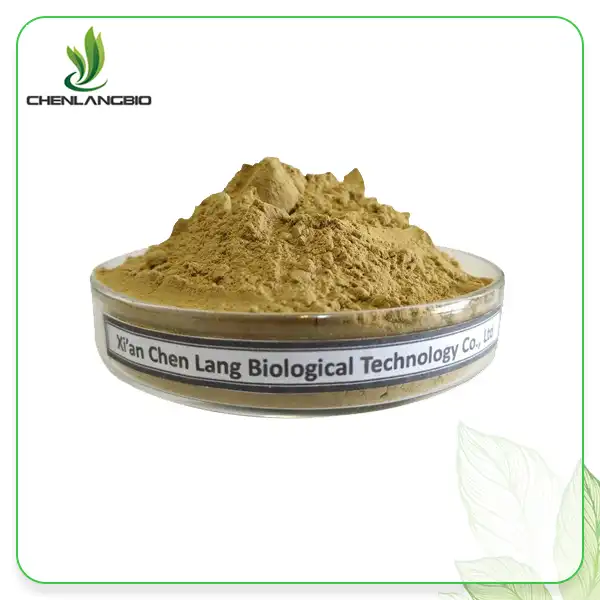Phenylethyl Resorcinol vs Hydroquinone
2024-02-21 11:35:52
Phenylethyl resorcinol and hydroquinone are both ingredients commonly used in skincare products to address skin concerns like hyperpigmentation and uneven skin tone. However, they have different mechanisms of action and potential side effects. However, they have different mechanisms of action and potential side effects. Here's a comparison of the two:
Mechanism of Action:
Phenylethyl resorcinol powder is a synthetic compound derived from resorcinol. It works by inhibiting tyrosinase, an enzyme involved in melanin production. By reducing melanin production, it helps to fade dark spots and improve overall skin tone.
Hydroquinone is a potent inhibitor of tyrosinase and melanin production. It works by reducing the pigmentation in the skin, which can lead to the lightening of dark spots and even skin tone.
Efficacy:
Phenylethyl resorcinol 99%:
While not as potent as hydroquinone, phenylethyl resorcinol can still be effective in addressing hyperpigmentation and uneven skin tone. It may take longer to see results compared to hydroquinone.
Hydroquinone is considered one of the most effective skin-lightening agents available and can produce rapid results. However, its long-term use is discouraged due to potential side effects.
Phenylethyl Resorcinol in Skin Care:
Phenylethyl Resorcinol also called SymWhite377. It is a synthetic compound that has gained popularity in the skincare industry due to its potential benefits in addressing various skin concerns, primarily related to pigmentation and uneven skin tone. Here's a closer look at Phenylethyl Resorcinol in skincare:
Pigmentation and Hyperpigmentation:
It is known for its ability to target hyperpigmentation, dark spots, and uneven skin tone. It works by inhibiting the activity of tyrosinase, an enzyme involved in melanin production. By reducing melanin production, it can help fade existing dark spots and prevent the formation of new ones.
●Brightening and Lightening:
Many skincare products that claim to brighten the skin or lighten pigmentation issues may include phenylethyl resorcinol as an active ingredient. It can help achieve a more even and radiant complexion over time.
●Suitable for Sensitive Skin:
One of the advantages of phenylethyl resorcinol is that it is generally well-tolerated by various skin types, including sensitive skin. It is considered a gentler alternative to some other skin-lightening ingredients like hydroquinone, which can be more irritating for some individuals.
●Anti-Aging:
Phenylethyl resorcinol may have additional benefits in addressing signs of aging, such as fine lines and wrinkles. By promoting an even skin tone and reducing the appearance of dark spots, it can contribute to a more youthful-looking complexion.
●Combination with Other Ingredients:
Phenylethyl resorcinol is often formulated alongside other ingredients like antioxidants, vitamin C, or alpha hydroxy acids (AHAs) to enhance its effectiveness and provide additional skin benefits.
●Over-the-Counter Products:
You can find SymWhite377 in a variety of over-the-counter skincare products, including serums, creams, and spot treatments. These products are typically designed for daily use.
●Duration for Results:
It's important to note that results with phenylethyl resorcinol may take time to become noticeable. Skin renewal and fading of pigmentation can take several weeks to a few months, so consistent and patient use is key.
●Sun Protection:
When using products containing phenylethyl resorcinol, it's essential to also use sunscreen daily. Protecting your skin from UV radiation is crucial to preventing further pigmentation issues and maintaining overall skin health.
As with any skincare ingredient, it's a good idea to perform a patch test before incorporating products containing phenylethyl resorcinol into your skincare routine, especially if you have sensitive or reactive skin.
Is Phenylethyl Resorcinol Safe for Skin?
SymWhite377 is considered a safer alternative to hydroquinone, especially for individuals with darker skin tones. It is less likely to cause irritation or post-inflammatory hyperpigmentation (PIH).
Phenylethyl Resorcinol Side Effects on Skin:
Although SymWhite377 is safe in cosmetics products, it is still possible to cause damage to the stratum corneum of the skin, allergies, poisoning and other conditions.
Damage to the stratum corneum of the skin: Excessive phenylethyl resorcinol is added to some cosmetics, which can cause damage to the stratum corneum of the user's skin surface, resulting in damage to the skin barrier, which can easily cause the skin to be stimulated by external substances and cause allergic reactions.
Allergy: Some users are more sensitive, and exposure to phenylethyl resorcinol may cause allergic reactions on the skin, such as skin redness, rash and other symptoms.
Poisoning: SymWhite377 is a chemical component. If the human body is over-exposed or used improperly, it may cause symptoms of poisoning.
Phenylethyl resorcinol has excellent whitening properties. Nowadays, it is mostly used in the production of cosmetics to improve uneven skin tone and reduce skin coloring problems caused by ultraviolet rays. Please send inquiry to Email: admin@chenlangbio.com if you want to buy SymWhite377.
Send Inquiry
Related Industry Knowledge
- What Are the Key Applications of Acetylcysteine Powder in Modern Health Supplements?
- Are There Any Side Effects or Risks Associated with Genistein?
- Can Beta Ecdysterone be Used for Weight Loss?
- What Does Cetyl Tranexamate Do?
- Are There Any Solubility Considerations for Kopyrrol Powder?
- Top Myths About Saccharomyces Ferment Lysate Debunked
- Durian Fruit Powder vs. Fresh Durian
- What to Avoid When Taking Loratadine
- Revitalize Your Eyes with Marigold Extract Natural Solution for Eye Health
- Can Dihydromyricetin Dispel the Effects of Alcohol


